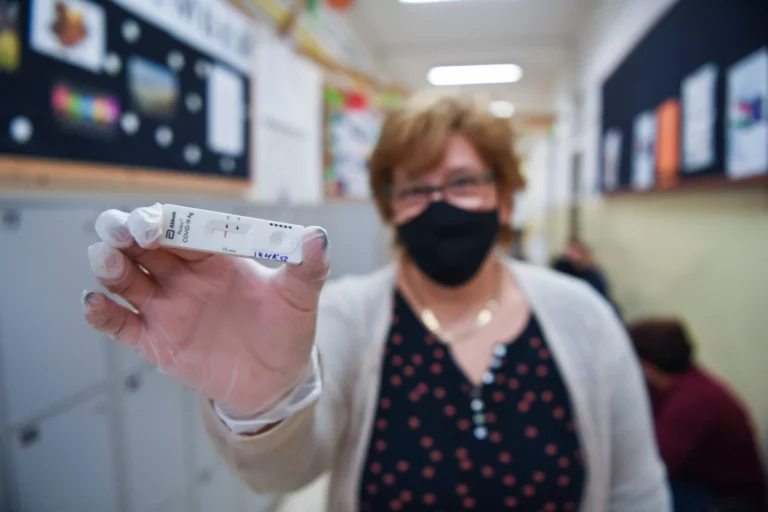Hungarian healthcare system
Opposition DK slams govt for ‘pushing health care to the brink of ruin’
The opposition Democratic Coalition said on Tuesday that the government had "pushed health care in Hungary to the brink of...
Inflation: opp party wants wage compensation, payrise programme in public sector

Hungary helps this Central-American country with 30,000 rapid tests!

Orbán not to have education, healthcare, environment ministries – Gyurcsány’s DK outraged

Hungary sending 400,000 antigen test kits to these countries

Hungarian government made a generous offer to Ukrainian soldiers!

Every second test positive in the last 24h

Hungarian 8-year-old saved his mother’s life!

Number of active infections continue to decrease – Hungary is safe

Hungarian GP: Ukrainian refugees bring AIDS, tuberculosis, measles

Dubai millionaire saved the life of his bodyguard in Hungary

Hungary is safe for tourists – here are the latest COVID numbers

2,400 new COVID infections registered in the last 24h
COVID numbers keep falling in Hungary

Here is the warning: flu numbers rising in Hungary

Here are the latest COVID data from Hungary – basically good news

Number of active infections to be below 100,000 in Hungary soon

Number of new infections decreasing continuously





 ZH
ZH IT
IT DE
DE HR
HR NL
NL FR
FR JA
JA RO
RO RU
RU ES
ES TR
TR
